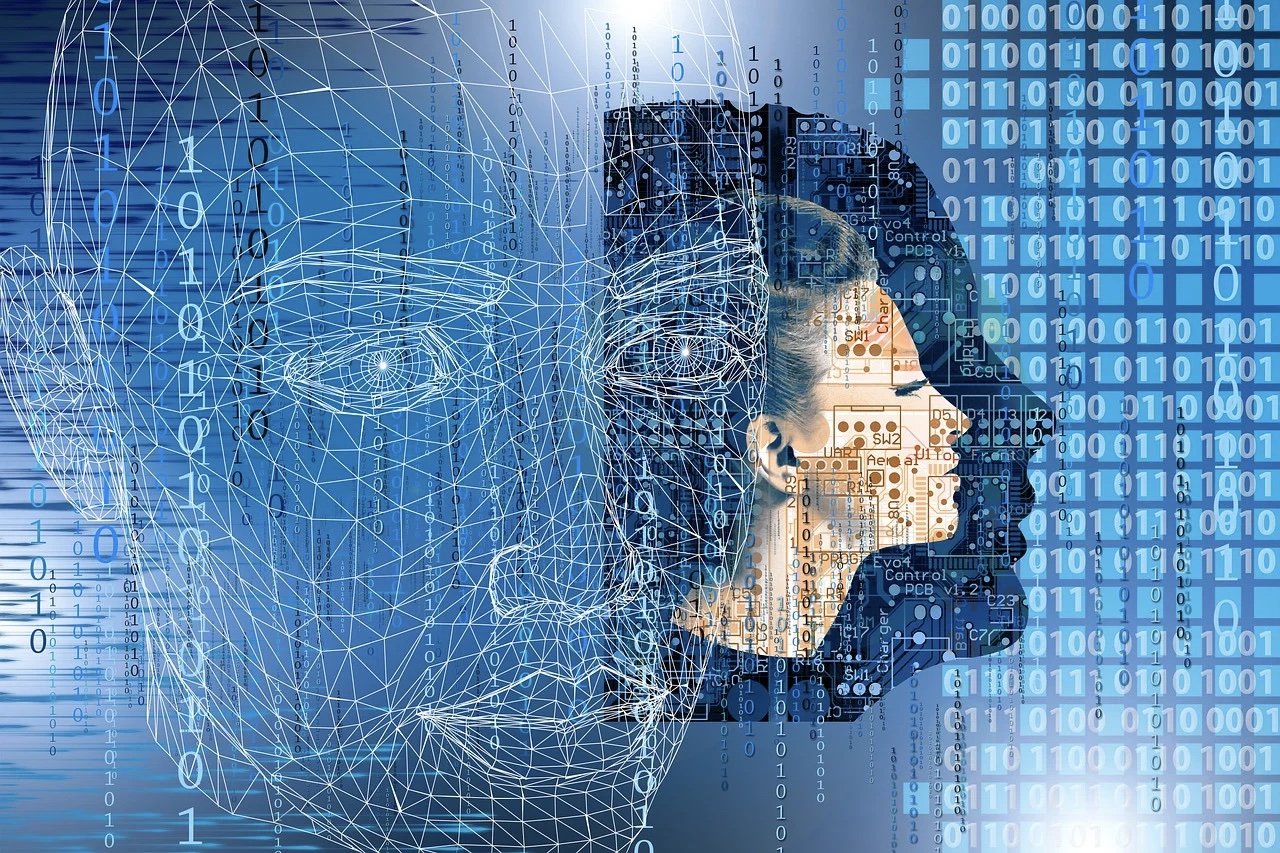
In our increasingly digitized world, the demand for trustworthy identification processes has reached unprecedented heights. Whether it’s for online banking, e-commerce, or even social media platforms, establishing one’s identity with certainty is paramount. Enter ID verification supported by Artificial Intelligence (AI) – a game-changing union that aims to redefine security and authenticity in the digital realm.
The Importance of ID Verification
Before we dive deep into how AI is revolutionizing ID verification, it’s essential to understand the significance of ID verification itself. In the simplest terms, ID verification is the process of validating an individual’s identity to ensure they are who they claim to be. This process is crucial for a plethora of reasons:
- Combatting Fraud: With the rise of cybercrimes, organizations need robust ID verification systems to thwart fraudulent activities.
- Regulatory Compliance: Many sectors, especially finance and health, have regulatory requirements that necessitate strict identity checks.
- Trust and Safety: Ensuring a genuine user base establishes trust, thereby enhancing user experience and platform safety.
The Evolution of ID Verification: How AI Comes into Play
Historically, ID verification relied heavily on manual processes or basic automated systems. This involved human agents inspecting documents or systems cross-referencing data against established databases. While effective to a degree, these methods had limitations in terms of speed, efficiency, and accuracy.
AI, with its ability to process vast amounts of information rapidly and learn from it, offers a dynamic solution.
Here’s how AI is making waves in ID verification:
- Facial Recognition Technology: One of the most prominent uses of AI in ID verification is facial recognition. Users can now take a selfie, which the AI system compares with the photo on their official ID. Advanced algorithms can detect even the slightest discrepancies, ensuring a high level of accuracy. Furthermore, these systems can identify and reject photos that may be masks or photos of photos, thereby reducing false positives.
- Document Verification: AI algorithms can now scrutinize various documents, be it passports, driver’s licenses, or utility bills, with remarkable precision. They can detect tampered details, ensuring the document’s authenticity.
- Behavioral Biometrics: Beyond just facial recognition, AI can analyze an individual’s behavior, like the way they type or the way they hold their phone, to establish identity. This kind of continuous authentication ensures that even if credentials are stolen, malicious actors can’t easily misuse them.
- Enhanced Data Cross-referencing: AI can simultaneously compare information across multiple databases at lightning speed. This means if someone tries to use a stolen identity, the AI system can quickly flag discrepancies when cross-referencing with other available data.
Challenges and Considerations
While AI-driven ID verification offers a plethora of advantages, it’s not without its challenges:
- Privacy Concerns: With AI systems collecting and analyzing vast amounts of personal data, concerns over privacy are inevitable. Organizations must ensure that data collection is compliant with privacy laws and that the data is stored securely.
- Bias in AI: If not trained with diverse datasets, AI systems can inadvertently perpetuate biases. This can lead to unfair or inaccurate ID verification results, especially for minority groups.
- Dependence on Technology: Over-reliance on AI can lead to potential system vulnerabilities. Regular updates and monitoring are crucial to prevent exploitation by malicious actors.
The Road Ahead
AI’s integration into ID verification heralds a new era of digital security and authenticity. As AI technology continues to evolve, we can expect even more sophisticated and reliable ID verification processes.
Moreover, the union of AI with other emerging technologies, such as blockchain, may further enhance the security and transparency of ID verification processes. Such integrations can lead to decentralized and tamper-proof systems, ensuring even higher levels of trustworthiness.
In conclusion, AI’s role in ID verification is not just transformative; it’s essential for the digital age. As cyber threats grow more sophisticated, our defenses need to evolve, and AI stands at the forefront of this evolution. Businesses and users alike must stay informed and proactive, ensuring that they harness the full potential of AI in ID verification while addressing its inherent challenges. Only then can we hope to create a digital realm that is both secure and inclusive.
Interesting Related Article: “Why ID Verification Is So Important In Modern Society“

